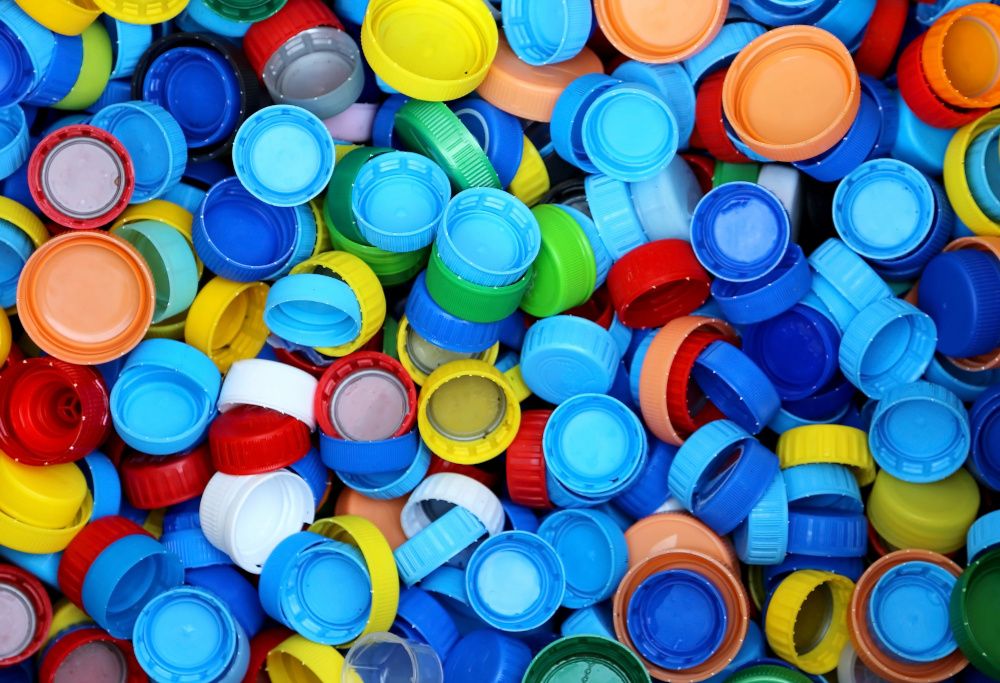The Sustainability Consortium partners with CPG companies for a new small-format packaging recycling program
The coalition is composed of CPG companies, non-profits and universities, including P&G, Burt’s Bees, Colgate-Palmolive, GSK, Sustainable Packaging Coalition, The Recycling Partnership, Balcones Resources, University of Arkansas, and Arizona State University.
The Sustainability Consortium (TSC; Tempe, AZ) formed a new recycling coalition for small format packaging. The coalition is composed of CPG companies, non-profits and universities, including P&G, Burt’s Bees, Colgate-Palmolive, GSK, Sustainable Packaging Coalition, The Recycling Partnership, Balcones Resources, University of Arkansas, and Arizona State University (ASU). Its aim is to build increased circularity of small format packaging of all material types through science-based, collective action projects.
“This is an exciting collaboration of corporate, NGO, recycling, and university thought leaders coming together to address a complex issue across the consumer goods industry and communities,” said Jennifer Park, TSC collective action manager, in a press release. “The work is already providing important insights into how to improve the circularity of small format.”
Small format, defined as smaller than 2 inches in two dimensions, is commonly used in cosmetics and food service but includes items like beverage bottle caps, toys, and other small packaging components that are unrecyclable in most curbside recycling programs.
“Burt’s Bees has worked incredibly hard over the years to use less packaging, to be a leading brand in our use of recycled content, and to design packaging that is recyclable. However, addressing the recycling of small format packaging, which represents a large proportion of our portfolio, requires a systemic approach. We’re hopeful that this coalition will identify meaningful, scalable solutions,” said Matt Kopac, associate director of sustainability at Burt’s Bees.
TSC and ASU’s InnovationSpace partnered in 2020 to better understand the system in which small format is managed and identify roadblocks to more material being collected and recycled. Moving forward, TSC and its partners will lead a coalition to 1) preform a waste characterization study of small format, including a projection of the volume and scale of collection to estimate economic value and 2) model and test Material Recovery Facilities (MRFs) secondary sortation technologies and capabilities. TSC translates the best sustainability science into business tools that are used all over the world to create more sustainable consumer products.
Prinova acquires Aplinova to further increase its footprint in Latin America
April 7th 2025Prinova has recently announced the acquisition of Brazilian ingredients distributor Aplinova, which is a provider of specialty ingredients for a range of market segments that include food, beverage, supplements, and personal care.











